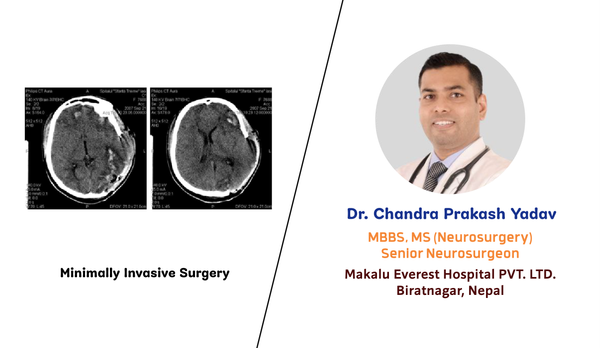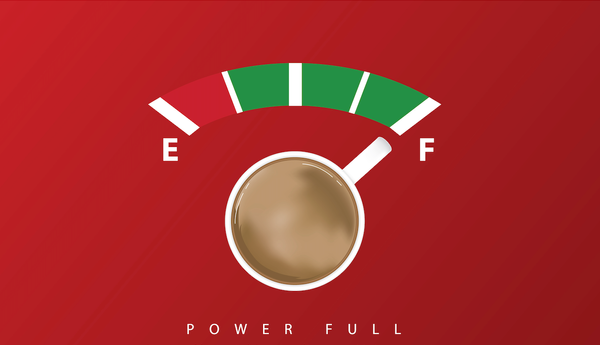Detoxification and Cleansing: Supporting the Body's Natural Processes
In today's world, our bodies are constantly bombarded with toxins from environmental pollutants, processed foods, and stress. These toxins can accumulate in our cells and tissues, compromising our health and vitality over time. Fortunately, our bodies are equipped with sophisticated detoxification systems that work tirelessly to eliminate these harmful substances and maintain balance. By understanding the principles of detoxification and cleansing, we can support our body's natural processes and promote overall well-being.
Understanding Detoxification
Detoxification is the process by which the body eliminates toxins and waste products that accumulate from metabolic processes and environmental exposures. The primary organs involved in detoxification include the liver, kidneys, lungs, skin, and lymphatic system. These organs work together to break down toxins into less harmful substances and eliminate them through urine, sweat, and feces.
Signs of Toxic Overload
When our detoxification systems become overwhelmed or compromised, toxins can accumulate in the body, leading to a range of health issues. Common signs of toxic overload may include fatigue, brain fog, digestive problems, skin issues, headaches, and chronic inflammation. By recognizing these symptoms, we can take proactive steps to support our body's detoxification processes and restore balance.
Supporting Detoxification Through Nutrition
A key aspect of supporting detoxification is adopting a nutrient-rich diet that nourishes our body and provides essential vitamins, minerals, antioxidants, and fiber. Incorporating a variety of whole foods such as fruits, vegetables, whole grains, legumes, nuts, and seeds can help provide the nutrients needed to support detoxification pathways. Additionally, certain foods and beverages, such as green tea, cruciferous vegetables (e.g., broccoli, kale, cabbage), turmeric, garlic, and berries, contain compounds that enhance detoxification and promote liver health.
Hydration and Elimination
Proper hydration is essential for supporting detoxification and promoting the elimination of toxins from the body. Drinking an adequate amount of water throughout the day helps flush toxins out of the kidneys and supports optimal kidney function. Additionally, consuming hydrating foods such as cucumbers, watermelon, and celery can contribute to overall hydration and promote regular bowel movements, aiding in the elimination of waste and toxins.
Incorporating Lifestyle Practices
In addition to dietary changes, incorporating lifestyle practices can further support the body's detoxification processes. Regular physical activity helps stimulate circulation, lymphatic flow, and sweating, facilitating the elimination of toxins through the skin and lungs. Practices such as deep breathing, sauna therapy, dry brushing, and meditation can also promote relaxation, reduce stress, and support detoxification.
Cleansing Protocols
While our bodies are naturally equipped to detoxify on their own, some people choose to undergo specific cleansing protocols or detox programs to support their body's natural processes. These protocols may include fasting, juice cleanses, herbal supplements, or detoxifying baths. However, it's essential to approach cleansing with caution and under the guidance of a healthcare professional, as extreme or prolonged detox protocols can have adverse effects and may not be suitable for everyone.
Conclusion
Detoxification and cleansing are essential components of maintaining optimal health and vitality in today's toxin-laden world. By adopting a nutrient-rich diet, staying hydrated, incorporating lifestyle practices, and, if desired, implementing cleansing protocols, we can support our body's natural detoxification processes and promote overall well-being. By prioritizing detoxification and cleansing, we empower our bodies to function optimally, allowing us to thrive and live our best lives.




